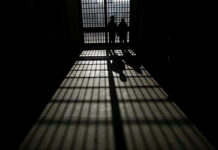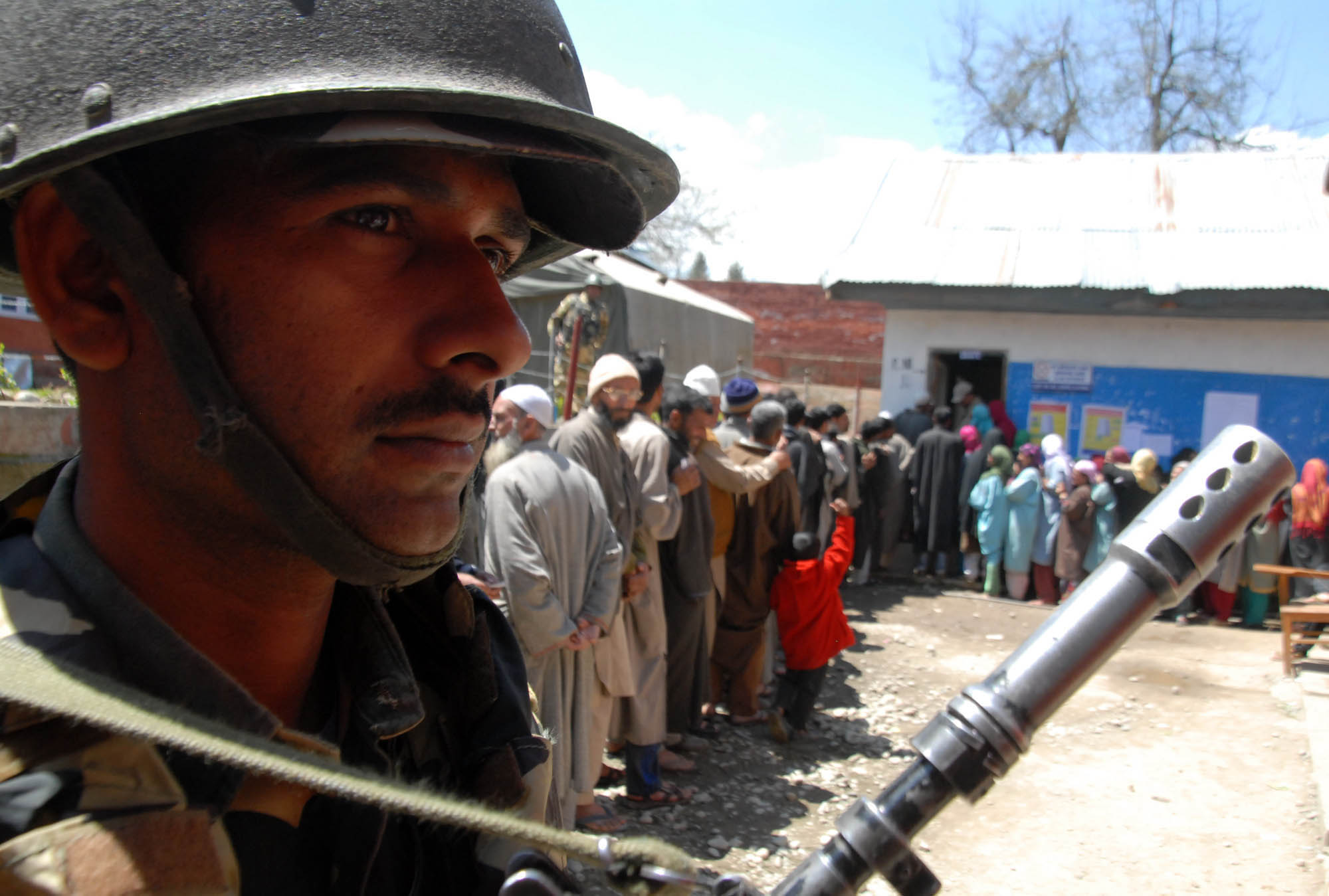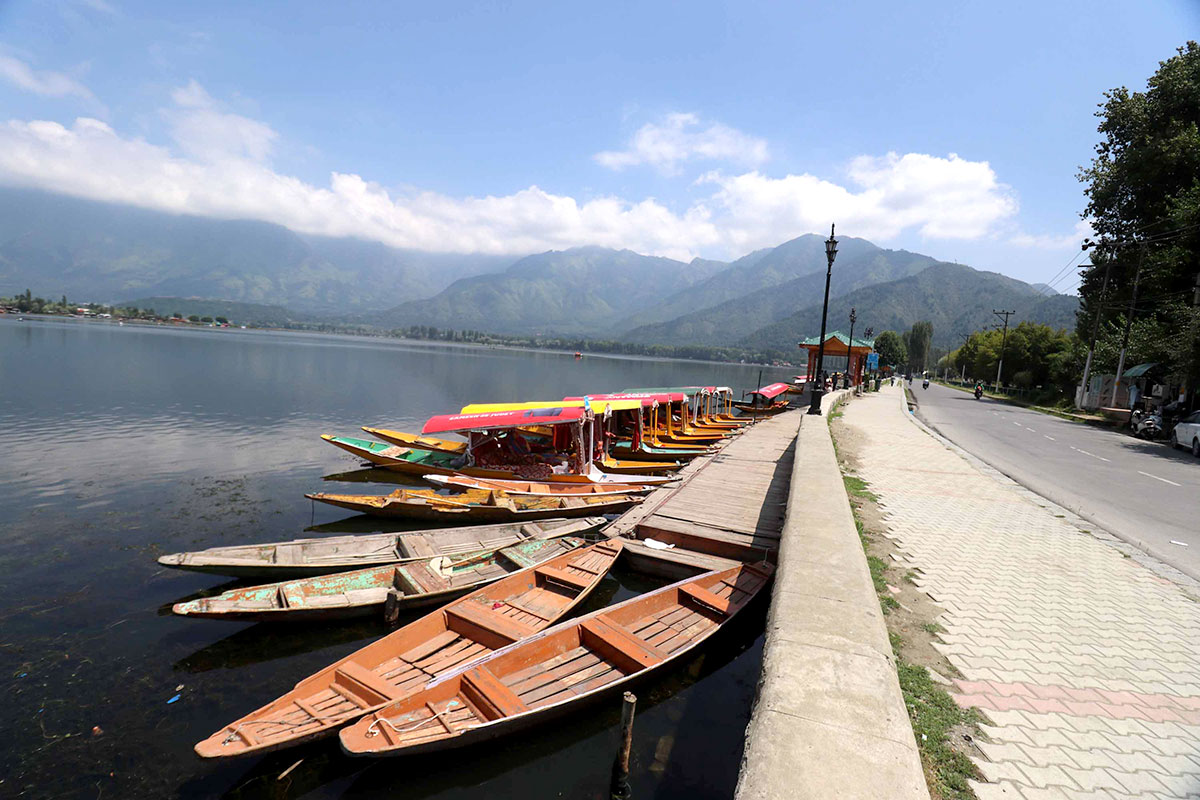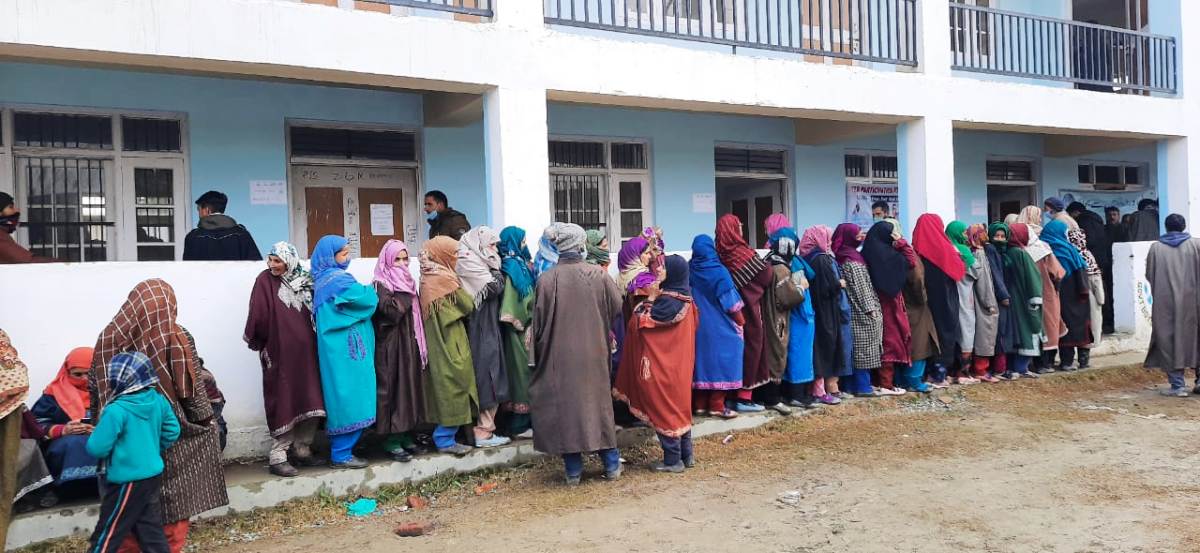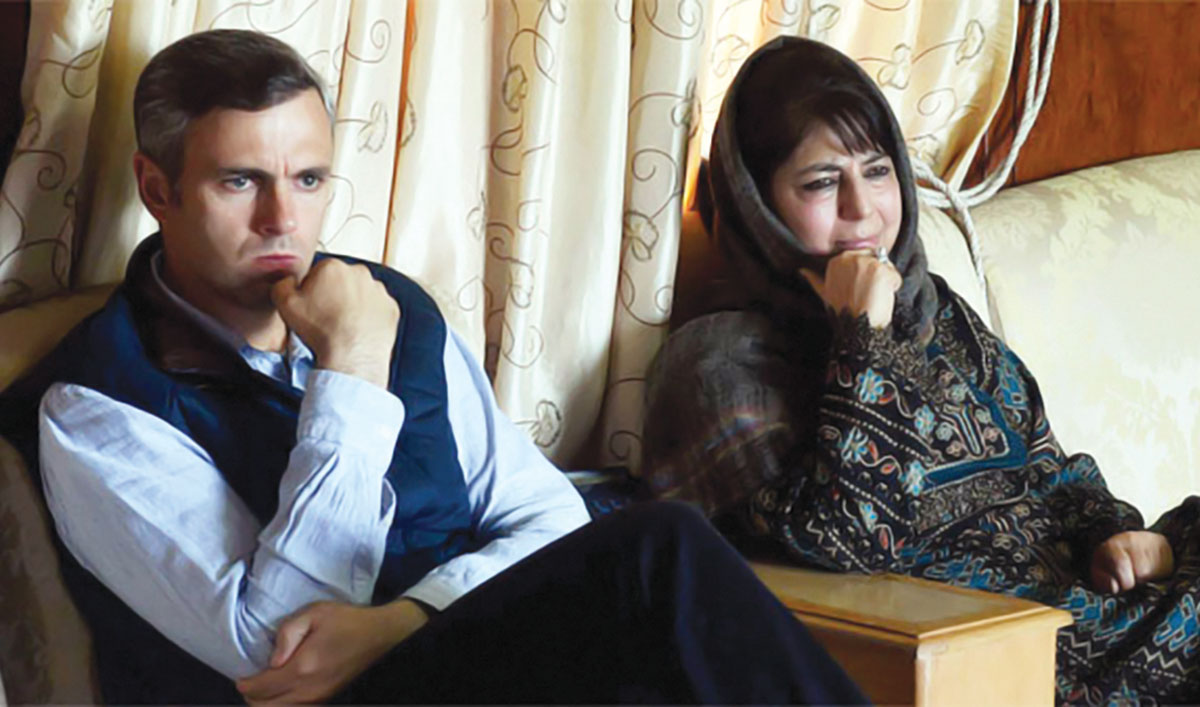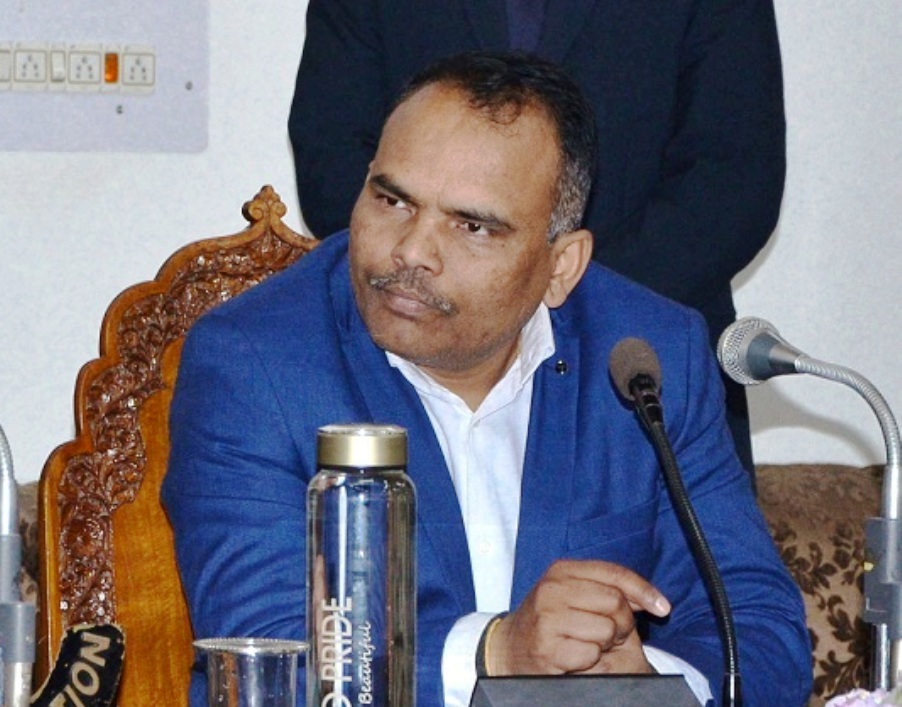SRINAGAR: Kashmiri journalist Safina Nabi, chosen for a media award by the journalism school of the Pune-based Maharashtra Institute of Technology-World Peace University (MIT-WPU), found her award abruptly cancelled on the eve of the award ceremony, The Wire reported.
The university’s management cancelled the award under right-wing political pressure, as per a report by The Wire.
Safina’s report, titled ‘The half widows of Kashmir,’ published on Scroll, was the winner in the ‘journalism that promoted empathy, understanding and inclusivity in society’ category. It shed light on the enduring struggles of the ‘half widows’ of Kashmir, who have been deprived of their property rights for decades following their husbands’ disappearances. This report was developed with support from the Pulitzer Centre on Crisis Reporting.
Her story was unanimously selected by a seven-member jury, comprising three institute members and four external individuals, including Sunanda Mehta, resident editor of The Indian Express (Pune edition), Sandeep Adhwaryu, cartoonist at The Times of India, Sanjeev Ratna Singh, head of the media school at Bennett University, and M.K. Venu, founding editor of The Wire.
Safina received the news of her award via a phone call and an email from Dhiraj Singh, the director of the Department of Media & Communication at MIT-WPU, on October 11. The institute had made travel arrangements for her, and she was scheduled to depart for Pune on October 17.
However, on the afternoon of October 16, an unidentified faculty member contacted her to convey the cancellation of the award and advised against her trip to Pune. The faculty member mentioned that political pressure was the reason for the cancellation and expressed concerns about her safety at the venue.
Safina initially suspected it was a prank call and consulted Rajeesh Kumar, an assistant professor at the Department of Mass Communication and Journalism, who had been her primary point of contact. To her astonishment, he confirmed the award’s cancellation. Nabi requested the university to provide reasons for the decision in writing, but they declined, only communicating through calls and citing political pressure as the primary cause.
Safina subsequently contacted the jury members, who were unaware of the cancellation. Upon learning about it, the jury members declined to attend the event where they were scheduled to participate in a discussion on “media and democracy.”
The jury members expressed their shock at the award’s cancellation and decided that the best course of action was to boycott the event. M.K. Venu highlighted the censorship and harassment faced by Kashmiri journalists, leading to his decision not to participate in the event.





